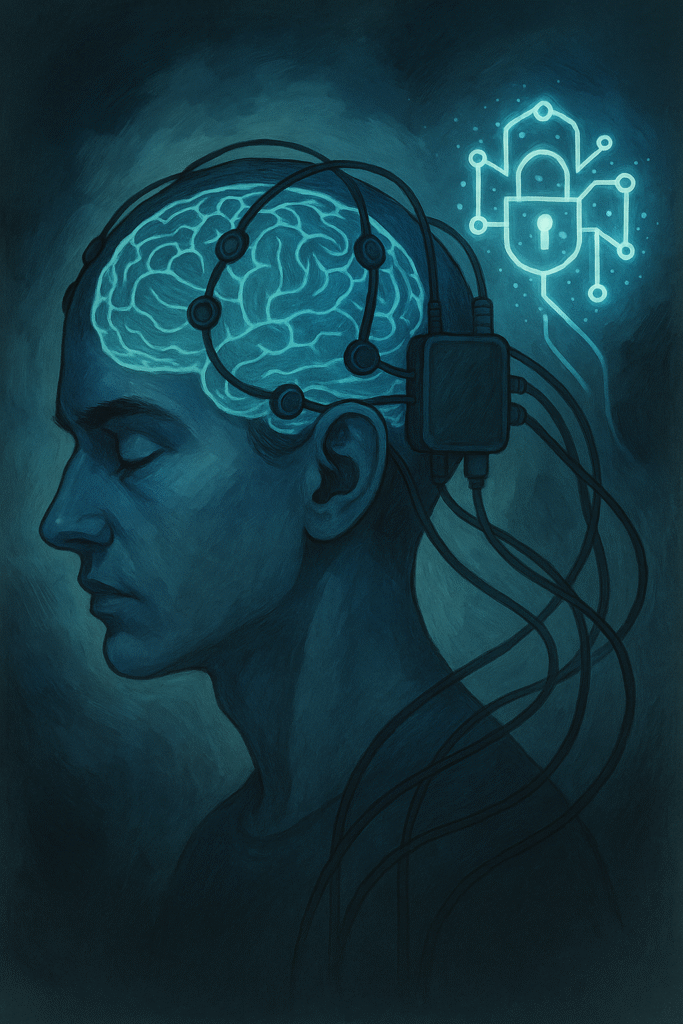In the rapidly evolving world of technology, brain-computer interfaces (BCIs) have emerged as a groundbreaking advancement, with the potential to revolutionize human interaction with machines. As researchers and tech companies delve into this innovative field, a critical question arises: Are our thoughts becoming less private? This article explores brain-computer interfaces, their applications, and the implications for thought privacy.
What Are Brain-Computer Interfaces?
Brain-computer interfaces are devices that facilitate direct communication between the brain and external devices. They decode brain signals and translate them into commands that computers can understand, enabling users to control applications without physical movement. The potential benefits of BCIs range from aiding individuals with disabilities to enhancing cognitive functions for healthy users.
How Do Brain-Computer Interfaces Work?
The functionality of a brain-computer interface relies on its ability to detect and interpret neural activity. Here are the primary components involved in this process:
1. Signal Acquisition: Sensors detect brain signals through techniques like EEG (electroencephalography), fMRI (functional magnetic resonance imaging), or implanted electrodes.
2. Signal Processing: The acquired signals are filtered and translated into meaningful data, often involving complex algorithms.
3. Output Device: The processed information is then sent to a device that performs actions based on brain activity.
These steps illustrate the intricate processes involved in brain-computer interfaces, demonstrating their sophisticated technology.
Applications of Brain-Computer Interfaces
Brain-computer interfaces hold promise in various fields, such as:
* Medical Rehabilitation: Assisting individuals with neurological disabilities to regain control over their movements. Research shows that BCIs can significantly improve rehabilitation outcomes.
* Neurogaming: Video games that respond to a player’s thoughts, creating a unique gaming experience.
* Neuromarketing: Understanding consumer behavior by analyzing brain responses to advertisements and products.
One fascinating area of BCI research is thought detection technology, which could revolutionize how we interact with machines. This brings us to a pivotal concern: thought privacy.
The Implications of Brain-Computer Interfaces on Privacy
As brain-computer interfaces become more prevalent, concerns regarding thought privacy intensify. Key considerations include:
* Access to Private Thoughts: With the capability to interpret brainwaves, potentially invasive applications could lead to unauthorized access to one’s thoughts.
* BCI Ethics: Ethical dilemmas arise around consent, data ownership, and the potential for emotional manipulation or coercion using thought detection technologies.
Understanding Thought Privacy Rights
The notion of brain privacy rights is still evolving, but protecting individuals from unauthorized access to their thoughts is critical. Some potential regulations might include:
* Ensuring transparency in how brain data is collected and used.
* Establishing legal frameworks to protect individuals from unwanted scrutiny and exploitation.
Future of Brain-Computer Interfaces
As technology advances, the future of brain-computer interfaces appears promising yet complex. Potential developments include:
* Enhanced Cognitive Functions: BCIs might eventually enhance memory, learning, and even creativity.
* Integration with Everyday Devices: Connecting BCIs with smartphones or smart home technology could change our daily lives dramatically.
However, maintaining our thought privacy amidst these advances will be crucial. Individuals deserve the autonomy to control their cognitive data.
Conclusion
Brain-computer interfaces present both extraordinary opportunities and significant challenges. As we tread further into an era of neural interface technology, it becomes vital to prioritize thought privacy and protect individuals’ rights. As we embrace these advancements, engaging in open discussions about ethics and privacy will be essential. For those interested in exploring this field further, Government Research Database offers valuable insights into ongoing research, while Academic Research Portal provides access to peer-reviewed studies.
Get started on your journey into the world of brain-computer interfaces and their implications for our lives today. Together, we can foster understanding and protect our fundamental rights as technology evolves.


